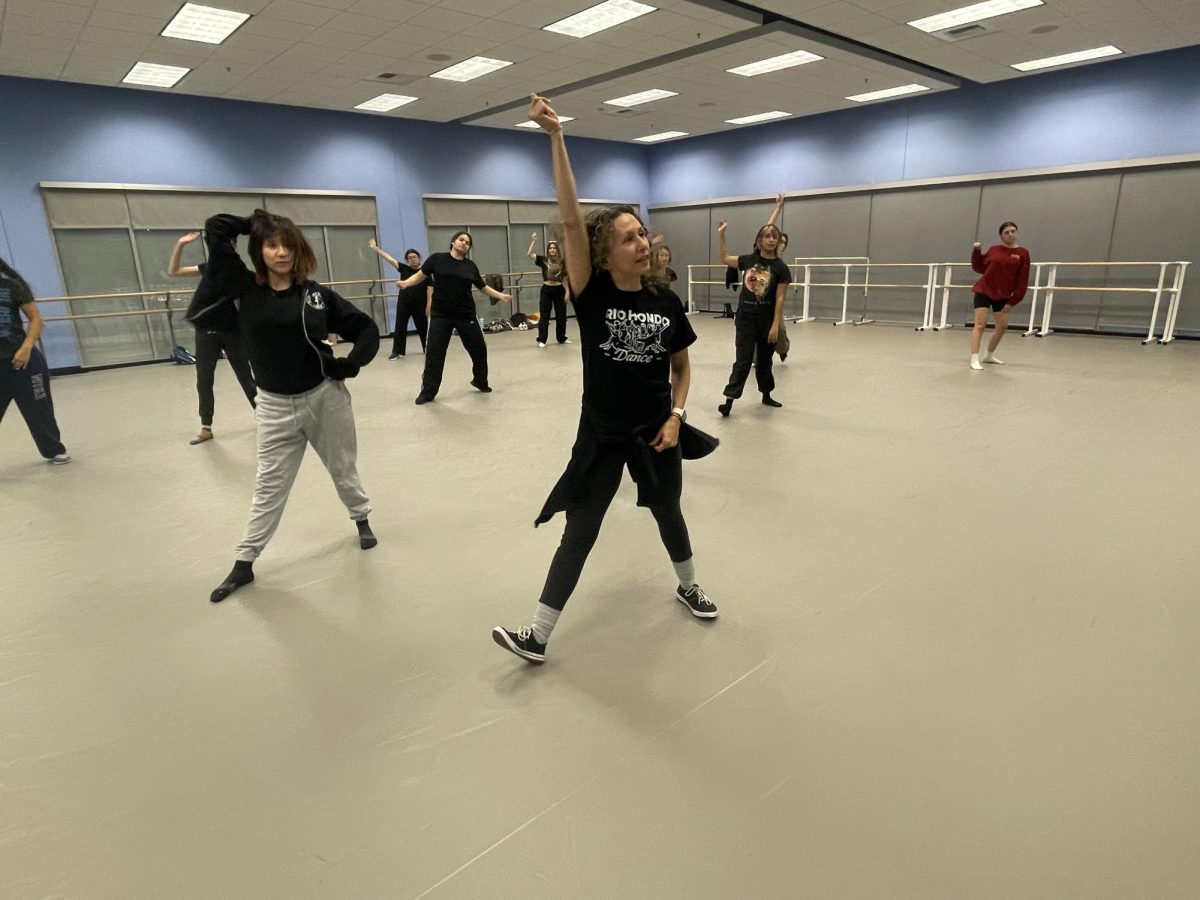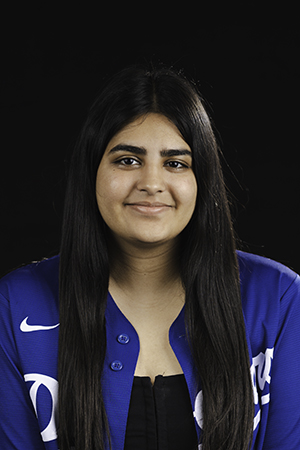Kristina Urteaga is a member of the dance faculty for the KDA department at Rio Hondo. She has been working at Rio Hondo for nine years. In addition to working at Rio Hondo, she works part time at Montebello High School, and East Los Angeles College.
Early Life and Education
Since she was a little girl, Urteaga has always had a passion for dance. It has always been a part of who she is.
“Ever since I could remember I loved to move, I loved to dance,” said Urteaga. “Every time I heard music there was something that just connected straight to my soul and I had to move.”
While she always had a love for dance, it was not what she planned to pursue as a career. She originally attended university with the intention of becoming an English teacher. Her decision to become a teacher stemmed from the fact that the arts isn’t a very accepting as a career.
She studied English at Cal State Long Beach and got her bachelor’s and master’s degree in English education. However, while she was completing her degrees, she was still dancing. It wasn’t until she finished her education that she decided to continue with dance. So, she went back to Cal State Long Beach and got her masters in dance education as well.
Professional Career and Teaching
Urteaga danced pre-professionally for a period of time. She danced with a community college dance group and competed with them across the country. Her group was also chosen to perform for a European tour twice. She was able to explore countries such as Austria, Germany, Venice and many others.
However, while she did enjoy dancing professionally, she was mostly interested in teaching.
“Ever since I started dancing in high school and through college, I was always in those leadership positions like captain or assistant,” said Urteaga. “Even at Cal State Long Beach I started assisting the instructors, and so I feel like that was my calling.”
One of her goals as a teacher is to make her students feel accepted and welcome in the arts.
“We are in a community where the arts isn’t idealized as much, it’s not pushed as a career and I feel like I am that bridge for my students no matter where they come from to allow them to have that part of the arts,” said Urteaga. “A lot of my teaching is catered toward making sure that they feel valued, part of the community, and that they have a place in dance.”
Obstacles She Overcame
One of the biggest struggles Urteaga faced was having to work harder than others to get to where she is. She was born in Armenia and traveled to America when she was about five years old. By the time she was seven, she was a first generation U.S. citizen.
Urteaga saw her parents struggle a lot due to them working most of the time to provide for their family, yet they still tried to get her as much dance education as they could. It wasn’t until she got to college where she was finally able to get more dance training such as ballet, modern, and jazz. However, even though she felt that she was a great performer, she had to put in a lot more work getting to where most dancers are if they want to dance professionally or teach.
“I felt like I was playing a catch up game but I was willing to put in the work and that time because that was what I wanted so I took every opportunity that came up, every scholarship I could apply for, and every teaching job I could get,” said Urteaga. “I feel like those are the moments that have made me who I am today because I know I worked for that, and it wasn’t given to me.”



